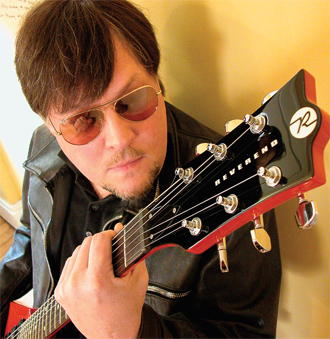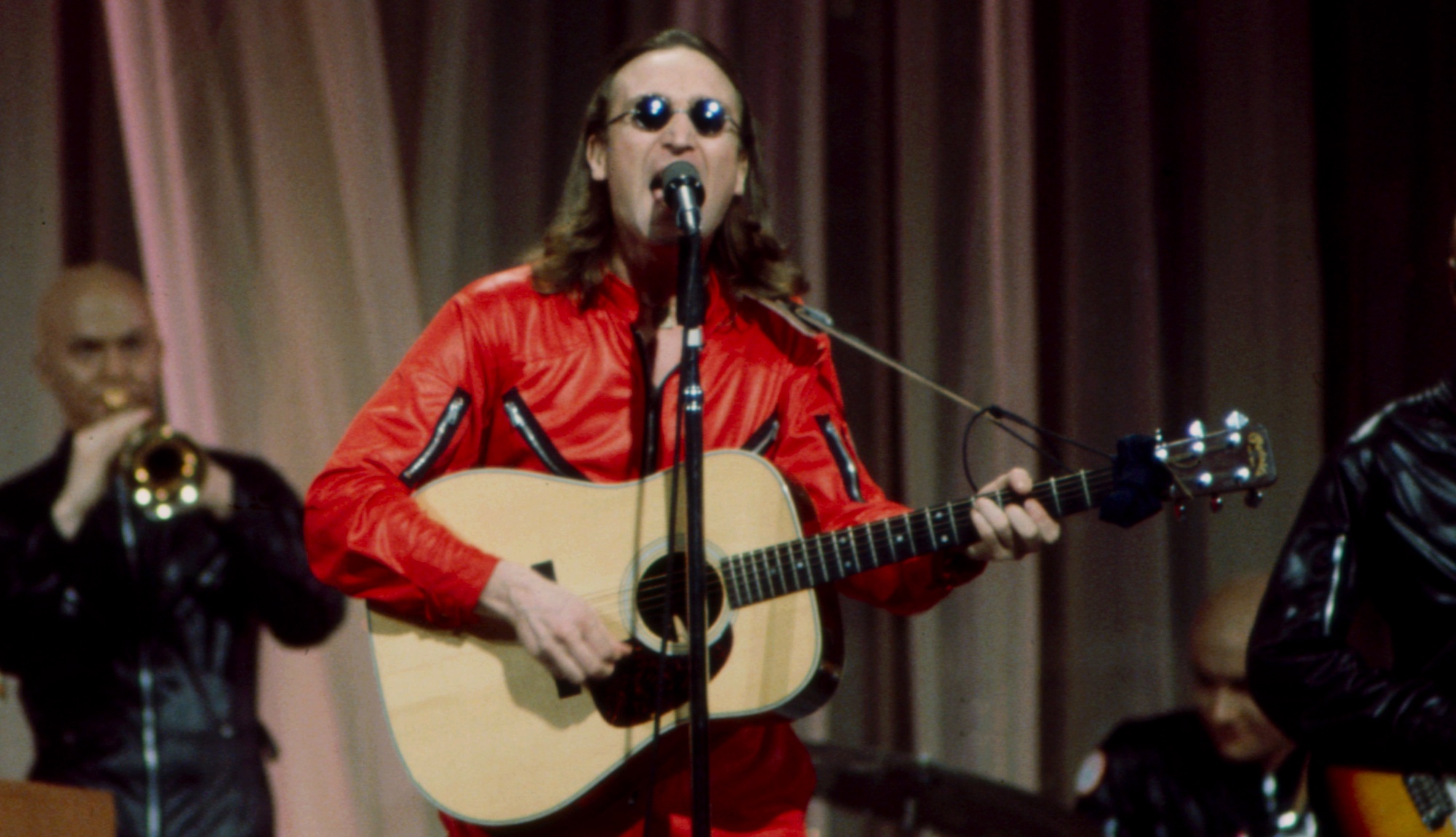Ron Asheton: No Fun
All the latest guitar news, interviews, lessons, reviews, deals and more, direct to your inbox!
You are now subscribed
Your newsletter sign-up was successful

Originally published in Guitar World, April 2009
Ron Asheton, founding guitarist for the Stooges: 1948–2009
Rock guitar lost one of its finest with the passing of Ron Asheton in the early days of the new year. The guitarist, who pioneered a raunchy, raw style of rock playing with the Stooges, was found dead in his Ann Arbor, Michigan, home on the morning of January 6, 2009. He was 60 years old.
Asheton had been dead for several days when his body was found and may have expired on New Year’s Eve or New Year’s Day. While the cause of his death is still undetermined, drugs and foul play have been ruled out, and there is unofficial speculation that a heart attack may have claimed his life. Ann Arbor Police Detective Bill Stanford, who discovered the body, said that Asheton looked “fairly peaceful.”
“I am in shock,” said Iggy Pop, the Stooges lead singer for many years. “He was my best friend.”
Asheton cofounded the Stooges in Ann Arbor in 1967 with his brother, drummer Scott Asheton, and Iggy. Along with fellow Detroit/Ann Arbor natives the MC5, the Stooges became infamous for a stark, confrontational rock style that combined Iggy’s degenerate lyricism and penchant for onstage mutilation with Ron Asheton’s slashing, no-nonsense guitar riffs. Stooges classics like “No Fun,” “TV Eye” and “I Wanna Be Your Dog” are all based around a trademark Asheton heavy guitar riff.
“I get a brighter and brassier sound than a lot of people,” Asheton said in 2007. “It’s almost painful. I’ve been told, ‘Your guitar sound is painful, man!’ And I go, “Hey, cool. All right!’ ”
All the latest guitar news, interviews, lessons, reviews, deals and more, direct to your inbox!
The Stooges recorded two studio albums, 1969’s The Stooges and 1970’s Fun House, before disbanding in the early Seventies. Asheton went on to play bass on Iggy’s Raw Power album in 1973 and was back on guitar for the live Stooges swansong, Metallic K.O., recorded in 1974.
Iggy and the Stooges are generally credited with sounding the death knell for the “peace and love” vibe of much late Sixties rock and setting the stage for both heavy metal and punk rock. Guitarist Steve Jones of punk architects the Sex Pistols was influenced by Asheton’s approach with the Stooges. When Asheton first heard the term “punk rock” in the late Seventies, he recalled saying, “ ‘Gee, is that what they call it now?’ To me it was just rock and roll taking another form.”
After parting company with Iggy and the Stooges, Asheton went on to play in the New Order (not to be confused with the British electro-pop group New Order) and Destroy All Monsters. He and Scott reunited with Iggy in 2003, playing on his 2003 album, Skull Ring, and performing with him at the Coachella Festival. This led to the 2007 Stooges reunion album, The Weirdness, and several well-received tours. Asheton was recently honored with his own signature model guitar from Reverend Guitars.
Asheton’s many fans, friends and loved ones can take some consolation in the fact that the guitarist spent his final years back with the Stooges and enjoying recognition of his contribution to rock and roll. As Asheton noted in 2007, “It’s great to see young people now discovering the Stooges.”
